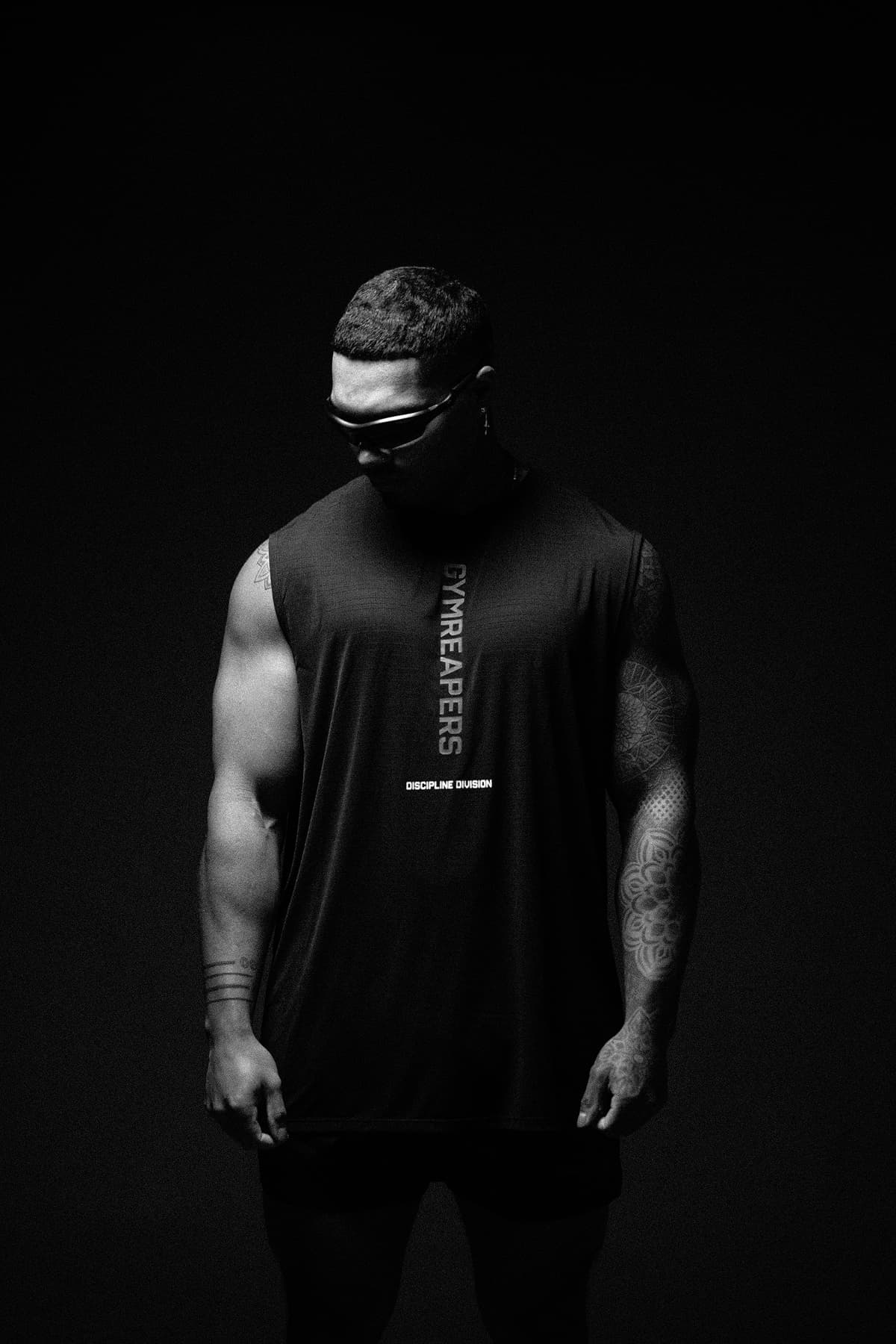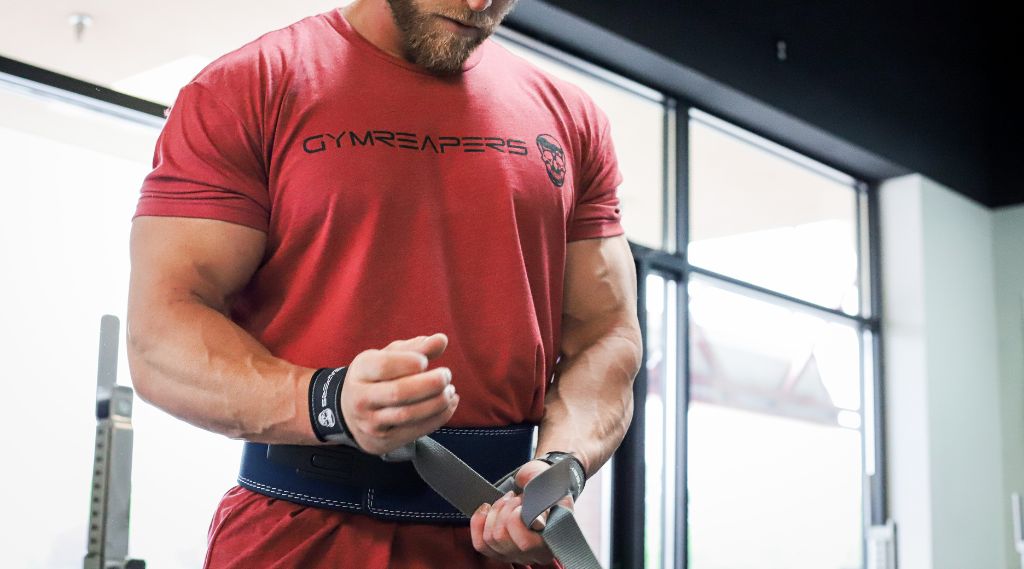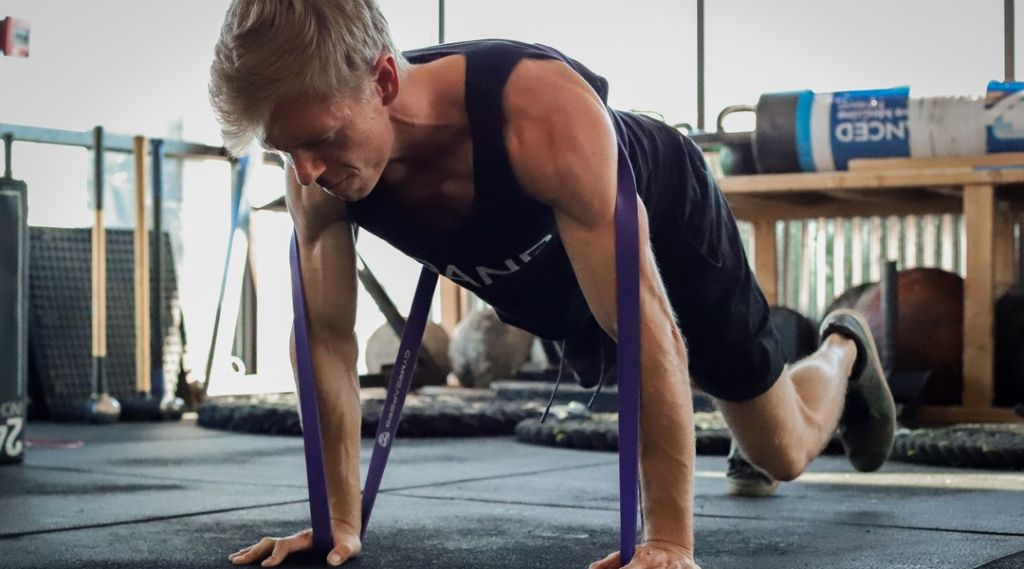Calluses are a common side effect of lifting weights, so being a strength coach, I'm often asked if gear that improves your grip, like lifting straps, will help to prevent calluses.
Lifting straps can prevent hand calluses by reducing friction. Instead of your skin rubbing against metal, friction occurs between the metal and the fabric. Straps are most beneficial against calluses on pulling exercises (e.g., rows), where the weight is likelier to move up and down on your hands and create friction.
In this article, I’ll discuss how you can use straps to reduce the likelihood of developing a callus with the potential to tear your hand open.
Key Takeaways
Lifting Straps: Overview

Lifting straps, also known as wrist straps (different from wrist wraps), are long pieces of fabric material you loop around your wrists and over a free weight (typically a barbell).
The primary purpose of lifting straps is to support your grip, making it easier to hold onto heavier weights and target muscles that you would otherwise struggle to work if your grip were to give out.
For example, if your grip is a limiting factor, you can use straps to hold more weight during deadlifts, shrugs, rows, etc.
Another purpose of lifting straps is to improve your mind-muscle connection with the back muscles during pulling movements like lat pulldowns and bent-over rows.
Supporting your grip with lifting straps means you don’t have to focus as much on holding the weight and can use a thumbless grip.
“Taking out the grip allows you to feel the lats better, which helps create a stronger mind-muscle connection.”
-Yunus Barisik, Certified Strength & Conditioning Specialist
What Causes Calluses While Lifting?

Calluses are rough and thick areas that form on the skin in response to repeated friction from an external factor. In the context of weight training, calluses develop as a result of gripping barbells, dumbbells, and other external weights, which creates a lot of friction.
The main issue with calluses is that they are prone to ripping open and exposing the dermis, which can be pretty painful. Additionally, blisters can form under calluses to provide additional protection to the skin. These aren’t pleasant either.
How Lifting Straps Prevent Calluses
Lifting straps can slow down callus formation by reducing friction. Instead of your skin rubbing against knurled metal, friction only occurs between your hands and the lifting strap fabric.
The result, when used correctly, is far less rubbing and a lower risk of developing large calluses prone to ripping open or causing blisters.
Using Lifting Straps Correctly To Prevent Calluses
To use lifting straps correctly:
- Feed one end through a loop to create a circle with a tail
- Put your hand through the loop so that the tail is coming across your palm
- Tighten the fabric around your wrist
- Take the tailpiece and loop it around the weight two to three times
- Grab the weight over where you’ve wrapped it to secure your grip
- Lift
Can You Use Lifting Straps On All Exercises That Cause Calluses?
While you can use lifting straps on all exercises that would cause calluses, you may not want to constantly rely on lifting straps because they prevent you from strengthening your grip.
Over-reliance on lifting straps to avoid calluses can cost you grip strength, so I recommend that you limit your use of lifting straps to higher rep exercises that challenge your grip endurance rather than lower rep, higher weight exercises that challenge your grip strength.
For example, using lifting straps to hold dumbbells for split squats but going without lifting straps for top sets of deadlifts.
That said, one factor to consider is that heavier weights may be more likely to cause calluses because you must hold the weight against the force of gravity, which inevitably leads to some friction.
For example, when doing heavy shrugs or deadlifts, you might notice that the barbell is initially positioned in the middle of your palms, but as you fatigue the bar could slip down closer to your fingertips causing friction.
There will likely come a point where you have to decide what is most important to you: building strength or avoiding calluses.
Is There Any Benefit To Having Calluses?
You might conclude that calluses are inherently bad and should be avoided at all costs because they have the potential to rip or blister, but they do protect the more sensitive skin layer underneath and offer pain relief when gripping heavy weights.
Under normal circumstances, calluses aren’t bad or harmful; they are simply an adaptive response from your skin to an external stressor, much like your muscles adapt to physical stress by growing and getting stronger.
The extra layer of dead skin serves as localized padding to protect the living tissue underneath. In fact, many lifters wear their calluses as a badge of honor. “See my calluses? Yeah, they are from deadlifting 500 lbs.”
Instead of trying to avoid them, you should aim to minimize their development. That way, your skin would get some protection against friction without the risk of tearing a callus.
The idea is to allow for some callus development without letting them build up to the point where they could rip off, lead to pain, and keep you from training hard.
Best Type Of Lifting Straps To Prevent Calluses

The Gymreapers lifting straps are one of your best options for reducing discomfort, preventing the weight from digging into your skin, and keeping calluses at bay.
These straps are made from durable cotton, which provides reliable padding between your hands and the weight. The fabric is also lined with neoprene where the strap meets your wrist to keep the straps from digging in and causing discomfort.
Each strap is 18” long, so you have plenty of fabric to loop over the external weight and tighten securely for a safer and more comfortable training experience.
Gymreapers straps are made of quality materials, which ensures durability over the years. Plus, they come with a lifetime replacement guarantee.
Frequently Asked Questions
Do lifting straps help with calluses?
Lifting straps can prevent calluses from forming and are helpful if one is on the brink of tearing open. Straps also provide reliable padding that prevents your hands from rubbing against knurled metal, which can be painful if you’re not used to it.
Are calluses from lifting bad?
Having some calluses is inevitable when weight training because you cannot fully eliminate friction, but the good news is that calluses protect the more sensitive skin layer underneath and can relieve pain. When kept under control, calluses will not cause issues.













Leave a comment
All comments are moderated before being published.
This site is protected by hCaptcha and the hCaptcha Privacy Policy and Terms of Service apply.